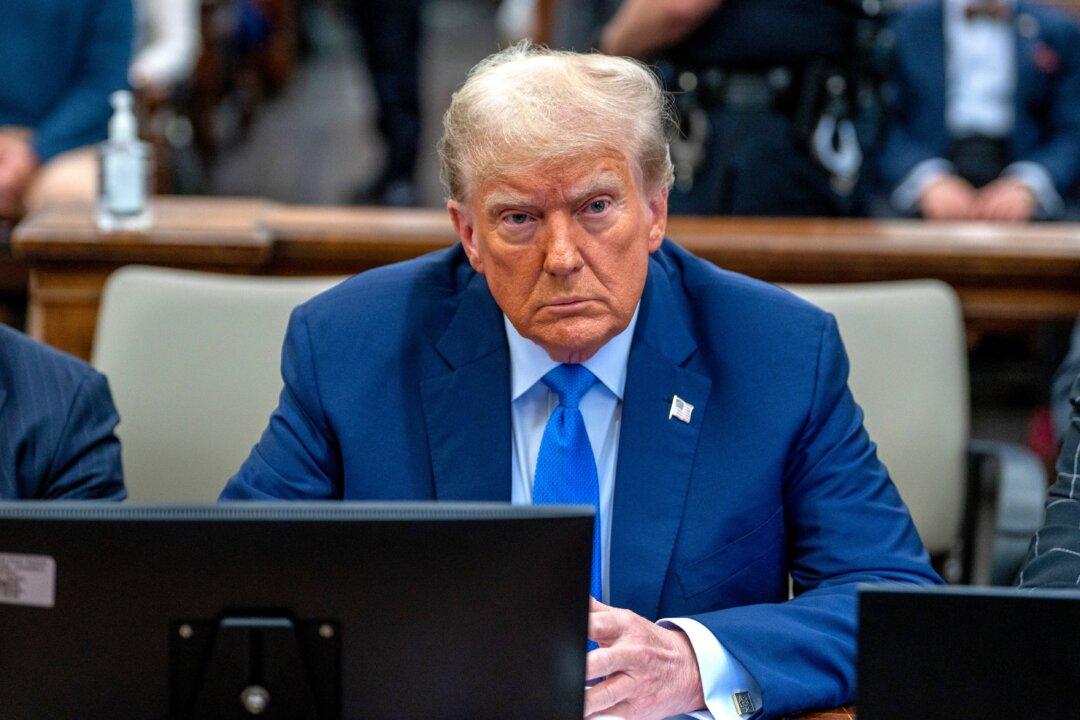Former President Donald Trump wants his upcoming federal trial televised, siding with media outlets.
The U.S. Department of Justice (DOJ) opposes the effort.

Former President Donald Trump wants his upcoming federal trial televised, siding with media outlets.
The U.S. Department of Justice (DOJ) opposes the effort.